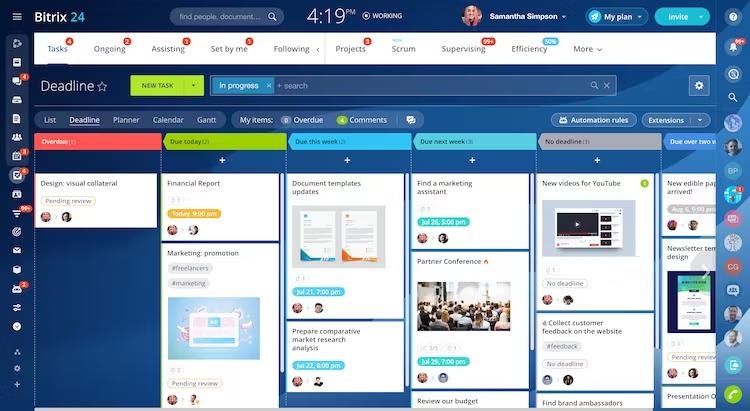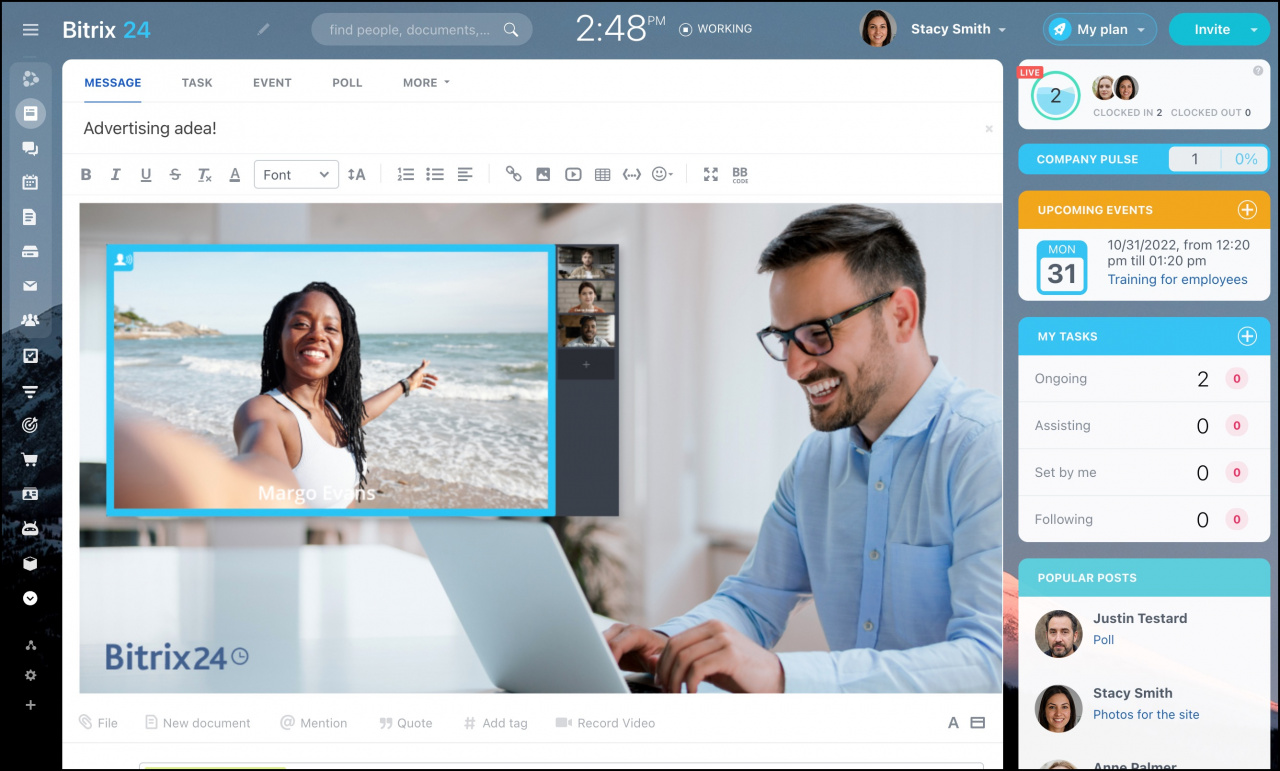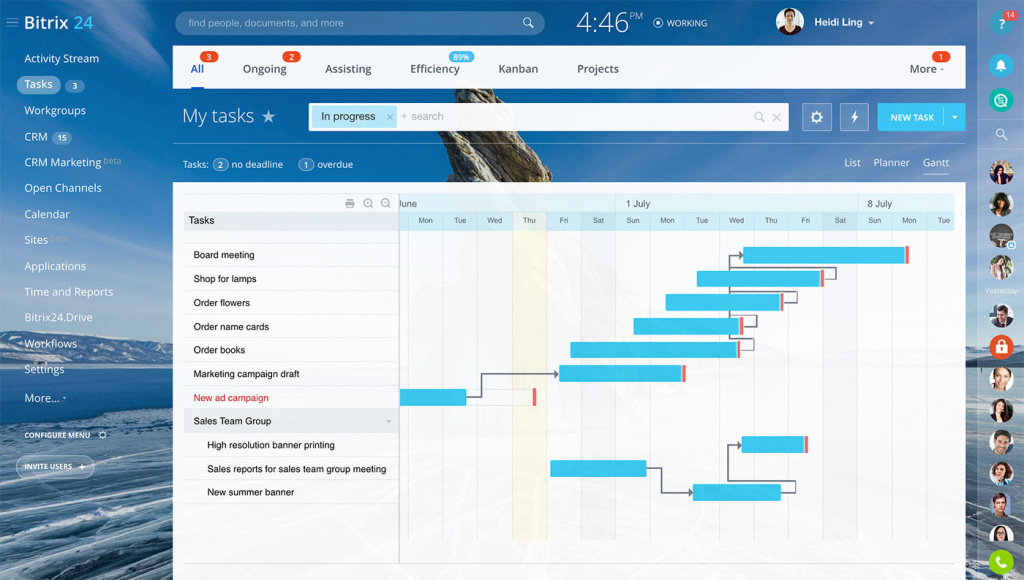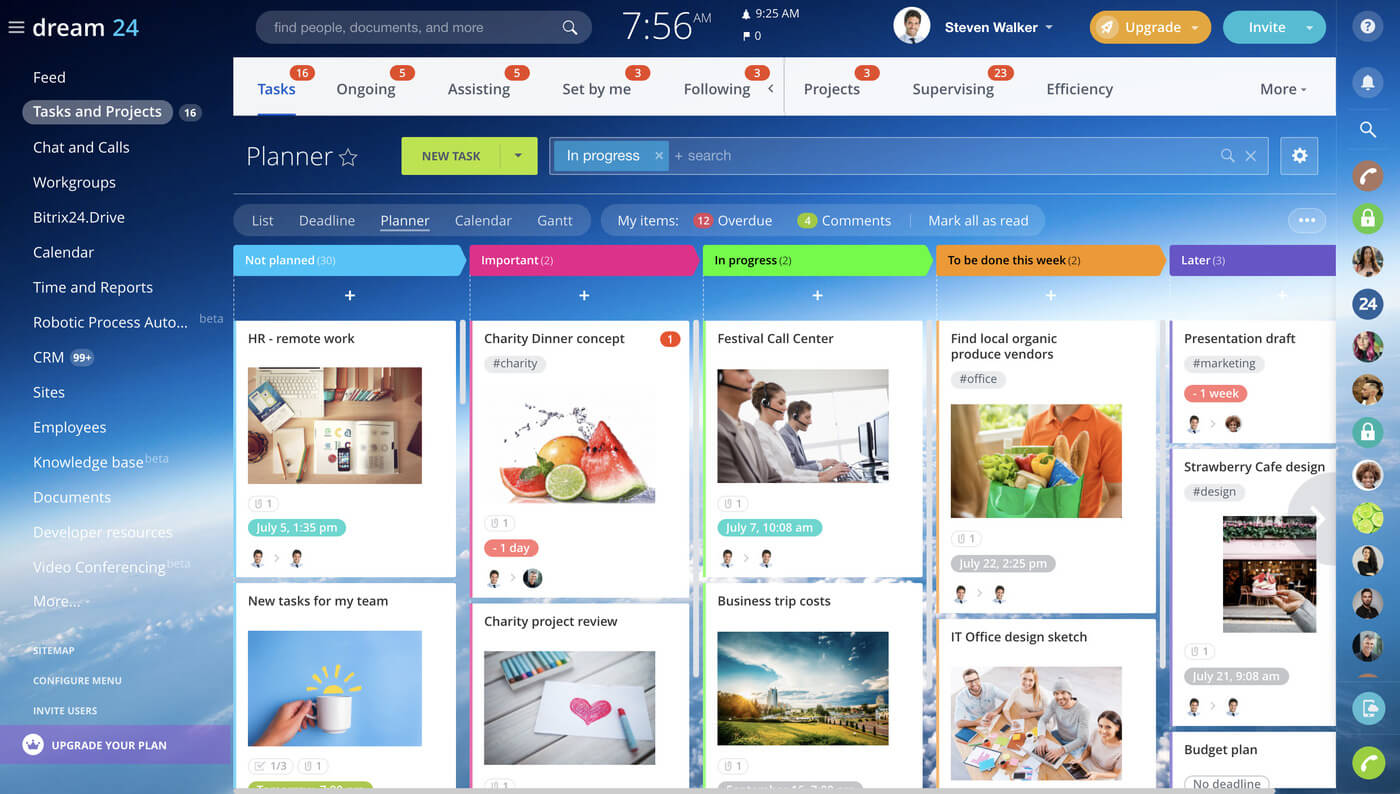CRM for Membership,Event & Contact Management
A CRM provides up-to-date member information such as donor status, event attendance, and preferred channels of communication. Furthermore, by using a member management system powered by business intelligence, you can generate real-time member data dashboards. These reports include data on donor trends, event registrations, email, and social media interactions, for example.
Process new memberships, renewals, product and service orders, and membership communications promptly and accurately. An effective CRM reveals the best timing and mediums for communicating your member messages, such as phone, direct mail, email, or social media.
A CRM can help you track member interactions and develop custom messages for individuals based on their prior engagement with your products and services. A member management system also allows you to create segmented audiences based on personas, with personalized pushes for each.




